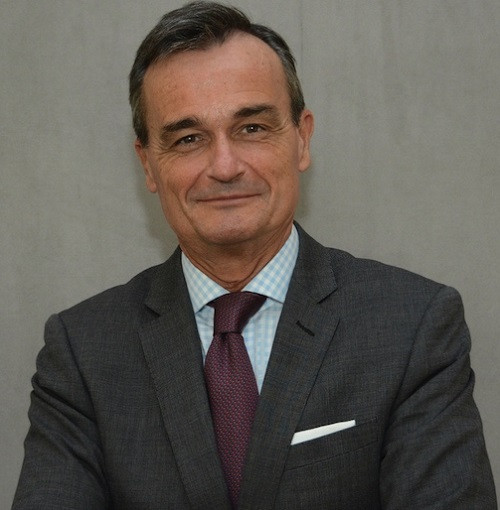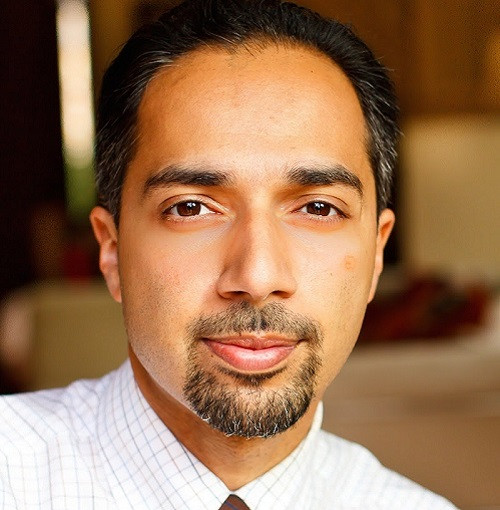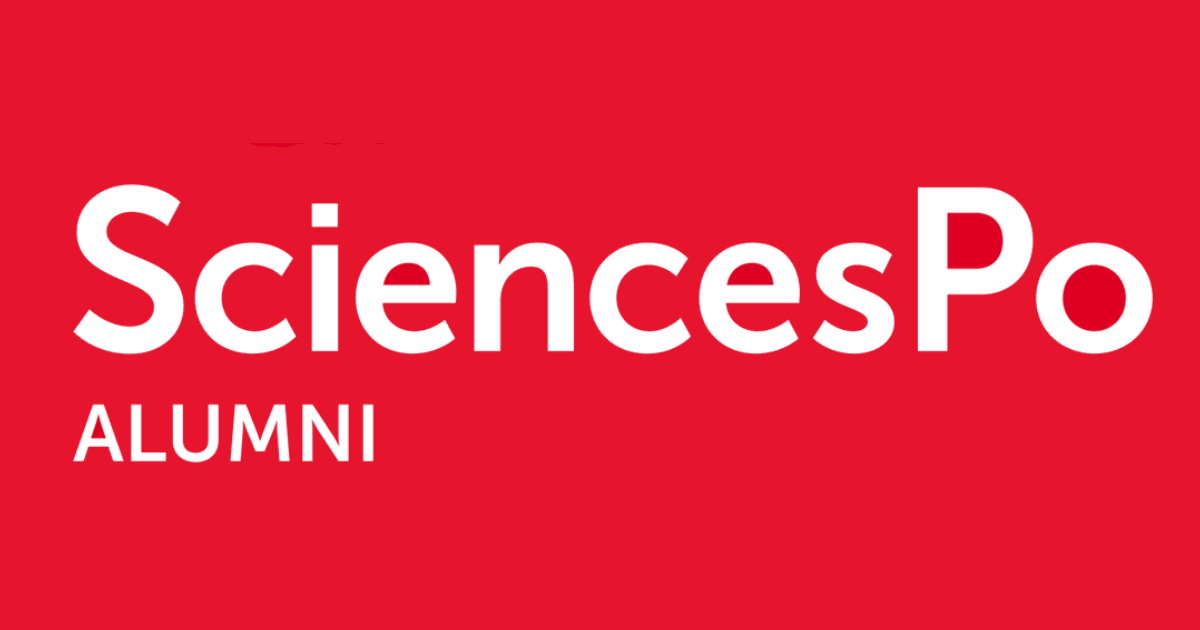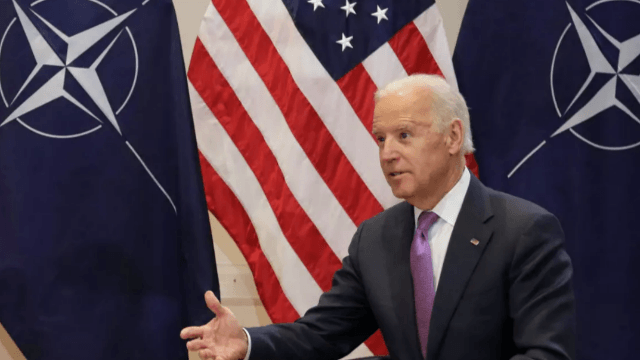Middle East, China, American exceptionalism... Where is Biden’s foreign policy taking us?
1
The Biden administration’s approach to foreign policy seems set to combine different goals: on the one hand, a long-awaited rest from international labors, with a focus on restoring the US middle class; and on the other hand, the wish to reinstate the United States as a moral compass for the World, an undertaking made somewhat difficult because Democrats choose either political freedom or economic justice as their top priority. How will this policy unfold in coming months? Will America finally pivot to Asia or will it get sucked back into the Middle East once again? Can a foreign policy for the American middle class be based on continued American military presence in the Middle East and Asia?
Please join us for a discussion on these issues with:
- Gérard Araud, Ambassadeur de France, Former Ambassador of France to the United States (2014-2019)
- Trita Parsi, co-founder and Executive Vice President of the Quincy Institute for Responsible Statecraft, Washington DC
Moderator: Laurence Nardon, Head of the North America Program at IFRI (the French Institute for International Relations) and author of "New Deal", a weekly podcast on US politics and policies in association with Slate.fr and the french online daily newsletter TTSO.
The conference is initiated by Razi Mostefai (Sciences Po class of 92).
It is an opportunity for the Sciences Po community to meet with the Quincy Institute for Responsible Statecraft, an influential transpartisan think tank based in Washington DC, partly funded by George Soros' Open society Foundation and Charles Koch's Koch Foundation.

Gérard Araud, a career diplomat, is former Ambassador of France to the United States (2014-2019). He previously held numerous positions within the Ministry of Foreign Affairs, notably Director for Strategic Affairs, Security and Disarmament (2000-2003), Ambassador of France to Israel (2003-2006), Director General for Political Affairs and Security (2006-2009), and Permanent Representative of France to the United Nations in New York (2009-2014). He has reached the highest rank in the French diplomatic service (‘’Ambassadeur de France’’). Over the course of his career, Mr. Araud has developed specialized knowledge in two key areas: Middle East and strategic & security issues. As regards the latter, he was the French negotiator on the Iranian nuclear issue from 2006 to 2009. As the closest adviser to President Macron, Mr Araud was a key witness of the discussions with President Trump in the context of the US withdrawal from the JCPOA. He is trustee of the International Crisis Group and Senior Distinguished Fellow of the Atlantic Council in Washington DC.

Trita Parsi is the Executive Vice President of the Quincy Institute for Responsible Statecraft and an expert on US-Iranian relations and the geopolitics of the Middle East. He is an award-winning author and the 2010 recipient of the Grawemeyer Award for Ideas Improving World Order. He is the author of Treacherous Alliance: The Secret Dealings of Iran, Israel and the United States (Yale University Press 2007), for which he conducted more than 130 interviews with senior Israeli, Iranian and American decision-makers. Parsi's second book A Single Roll of the Dice - Obama's Diplomacy with Iran (Yale University Press) was released in early 2012 and was selected by Foreign Affairs journal as the Best Book of 2012 on the Middle East. His latest book - Losing an Enemy: Obama, Iran and the Triumph of Diplomacy (Yale University Press, 2017) - reveals the behind the scenes story to the historic nuclear deal with Iran. He has worked for the Swedish Permanent Mission to the UN, where he served in the Security Council. He has served as an adjunct professor of International Relations at Johns Hopkins University SAIS, George Washington University and Georgetown University, as well as an adjunct scholar at the Middle East Institute and as a Policy Fellow at the Woodrow Wilson International Center for Scholars in Washington DC.

Dr. Laurence Nardon heads the Ifri program on North America. She edits and contributes to its collections of online research papers, such as the U.S.-focused Potomac Papers. Laurence is a member of the editorial board of the reviews "Politique étrangère", "Questions internationales" and "The Washington Quarterly". Prior to joining Ifri, Laurence was a research fellow at the Ecole des Hautes Etudes en Sciences Sociales (EHESS), then a Visiting Fellow at the Center for Strategic and International Studies (CSIS) in Washington, DC from 2001 to 2003. Laurence Nardon holds a Ph.D. in political science from Université Paris-1 Panthéon-Sorbonne. She studied at the University of Kent at Canterbury after graduating from Institut d’Etudes Politiques de Paris. In the Fall of 2000, she was a Fulbright Scholar at The George Washington University in D.C. In association with Slate.fr and the newsletter "Time to Sign Off" (TTSO), she is the author of a weekly podcast on U.S. politics and policies called "New Deal" (formerly "Trump 2020").


